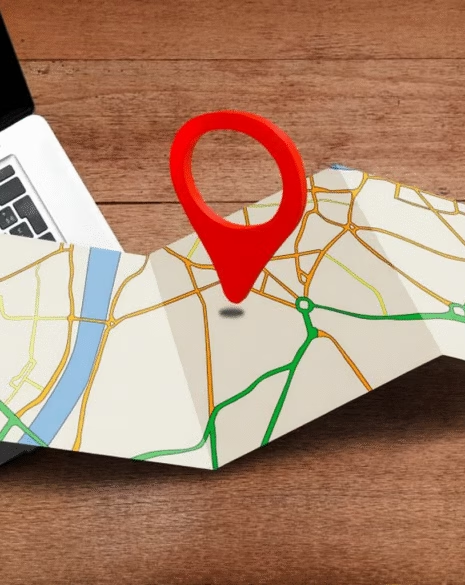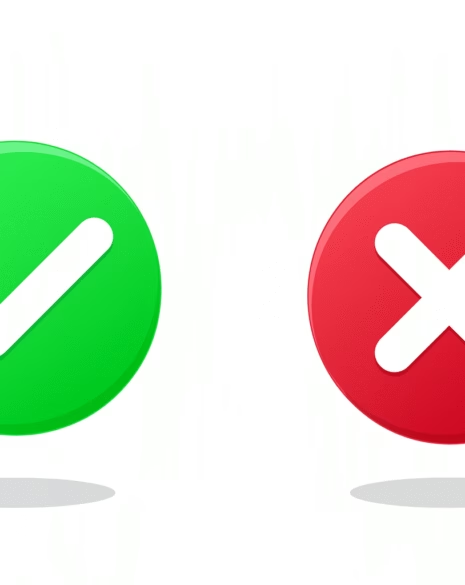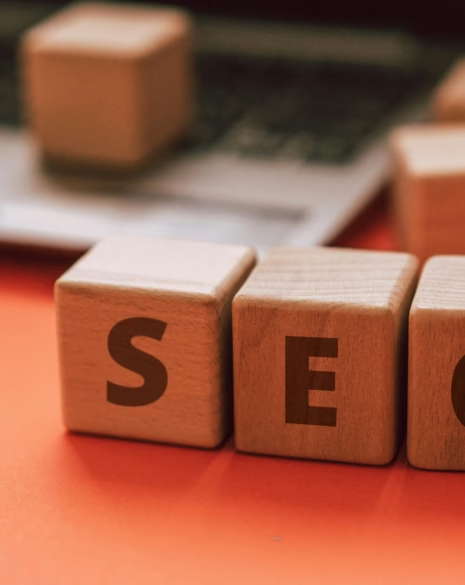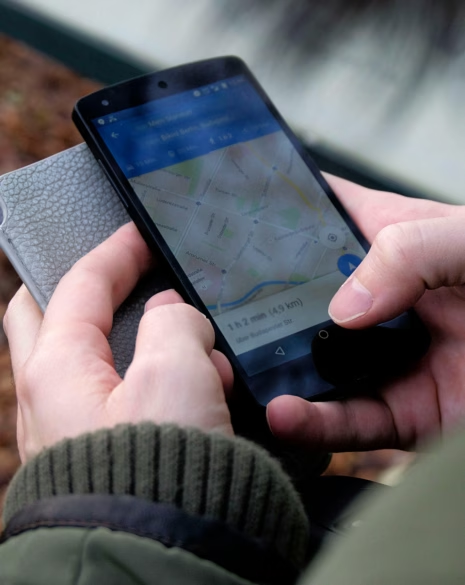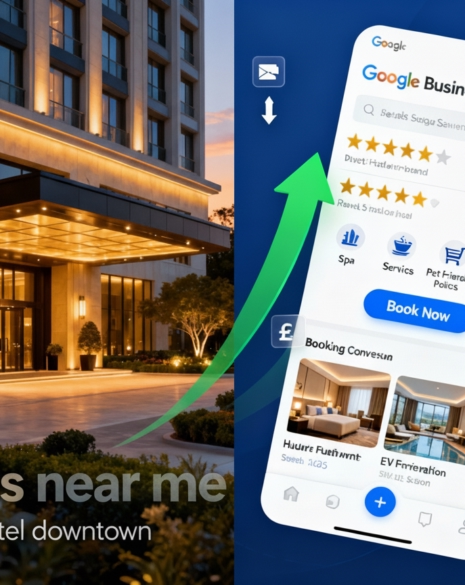Most guests don’t make booking decisions based on square footage or thread count. They book because your hotel promises them something they need on an emotional level — comfort, escape, connection, prestige, belonging.
Understanding the psychology behind hotel bookings can help you design better websites, write more persuasive copy, and ultimately convert more lookers into bookers. This isn’t about manipulation. It’s about aligning your marketing with how people naturally make decisions.
Let’s explore the hidden forces shaping your guests’ behaviour — and how to put them to work on your website.
Emotion Drives the Booking Decision
Every hotel guest is solving a problem — often an emotional one. A stressed-out professional is looking for rest. A couple is chasing reconnection. A family wants security, ease, and joy. If your messaging speaks to those needs, you create an immediate emotional hook.
Instead of describing features, describe feelings. “Unwind in quiet countryside luxury” triggers an emotional image. “En-suite king rooms with smart TVs” doesn’t.
Common emotional drivers in hotel bookings:
- Comfort and safety
- Escape and relaxation
- Connection and quality time
- Excitement and novelty
Identity and self-image (“this place fits the kind of person I want to be”)
This emotional lens should guide how you frame offers, write headlines, and even choose your photos.
How Visuals Shape Guest Perception
Humans process images faster than words — and hotel photos are often the first emotional trigger a guest experiences. But the type of image matters.
Rooms should feel aspirational but attainable. Instead of a wide shot of a neatly made bed, try showing the sunlight spilling through a window, a glass of wine half-finished on the terrace, or the moment someone sinks into the tub. You’re not just selling a space — you’re selling a moment.
And it doesn’t stop at the gallery. Use photography and video consistently across your homepage, offers, and booking engine to create a seamless narrative.
Social Proof, Scarcity, and Trust: Classic Persuasion in Action
The fundamentals of persuasion still hold true — especially in a crowded online travel market.
- Social Proof: Guests look for validation. Highlight recent reviews, guest stories, or even “as featured in” media mentions. Display these close to CTAs, not buried in the footer.
- Scarcity and Urgency: Signals like “Only 2 rooms left this weekend” or “Offer ends midnight Sunday” can tip an undecided user into action. Use sparingly and truthfully.
- Trust Signals: Clear cancellation policies, secure booking icons, and brand consistency build credibility. A slick homepage paired with a generic third-party booking engine can break the trust loop.
The most persuasive hotel sites apply these elements subtly but strategically — always aiming to reassure and guide, not pressure.
Personalisation and the Power of Feeling Seen
One of the most underused psychological tools in hotel marketing is personalisation. When guests feel like your site or message “gets” them, they’re far more likely to convert.
Even something as simple as segmenting by trip type (“Planning a romantic weekend?” vs “Need a family escape?”) shows intent and builds relevance.
This can extend to email follow-ups, tailored content, or dynamic homepage messaging based on geolocation or referral source.
The more personal and context-aware your site feels, the stronger the emotional connection.
Where the Booking Journey Often Breaks Down
A guest’s emotional momentum is fragile. And too often, hotel websites break the spell before the booking is complete.
Common culprits:
- A jarring handoff to a poorly designed third-party booking engine
- Overwhelming choice without clear guidance
- Cold, transactional language during checkout
- Lack of reassurance around payment, cancellation, or changes
The booking journey should feel like a continuation of the brand — warm, simple, and emotionally consistent.
Review your site with fresh eyes or run a user test. Are there moments where friction, confusion or emotional disconnection could derail the decision?
Final Thought
Hotel bookings aren’t just rational decisions — they’re emotional commitments. The more your marketing and website align with what guests truly want to feel, the easier it becomes to earn their trust, their clicks, and their loyalty.
Understanding guest psychology isn’t a nice-to-have — it’s a competitive advantage. The best hotel brands design every digital touchpoint around how people think, behave, and decide.
If you’d like support applying these psychological principles to your hotel website, get in touch.
